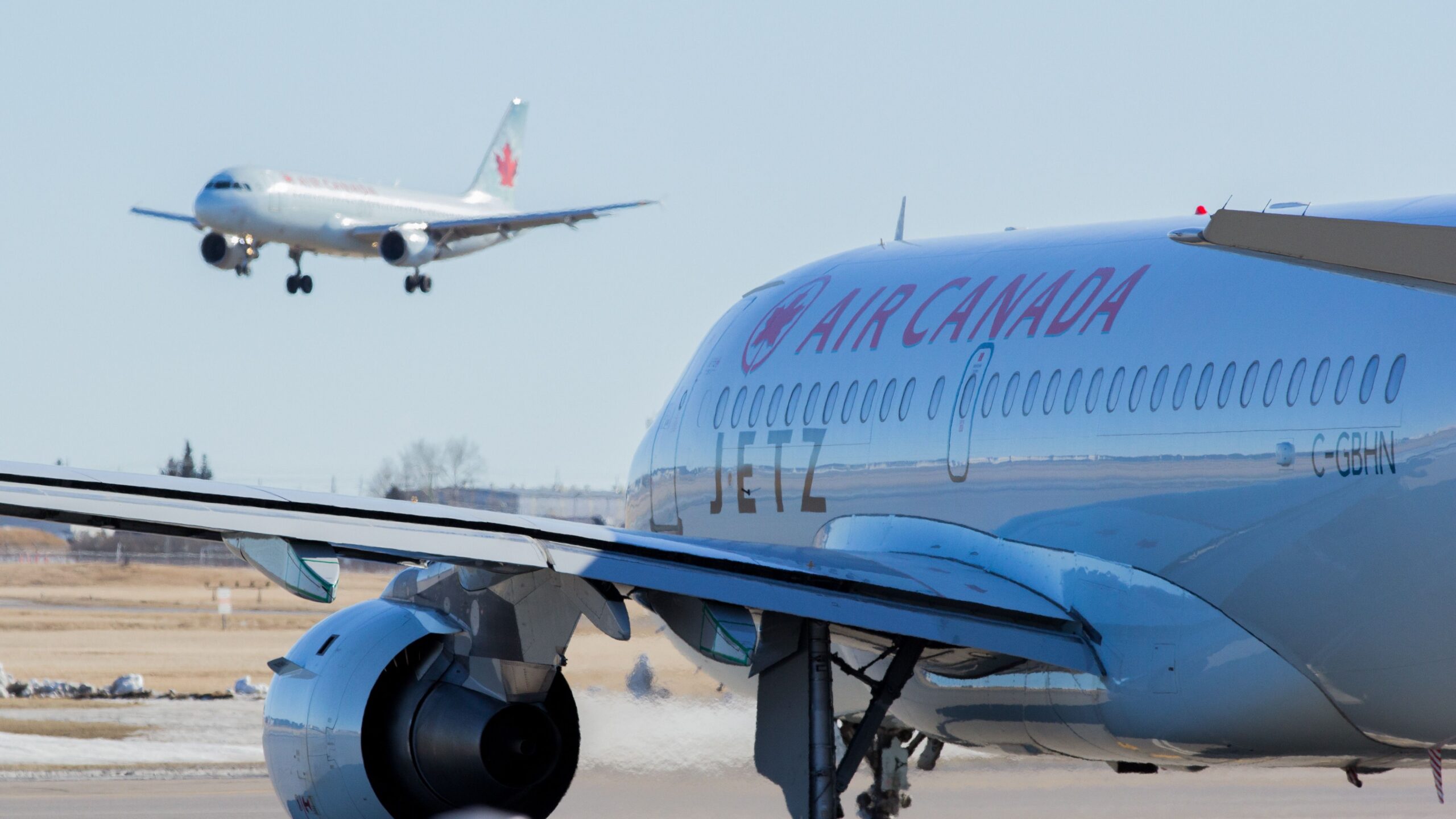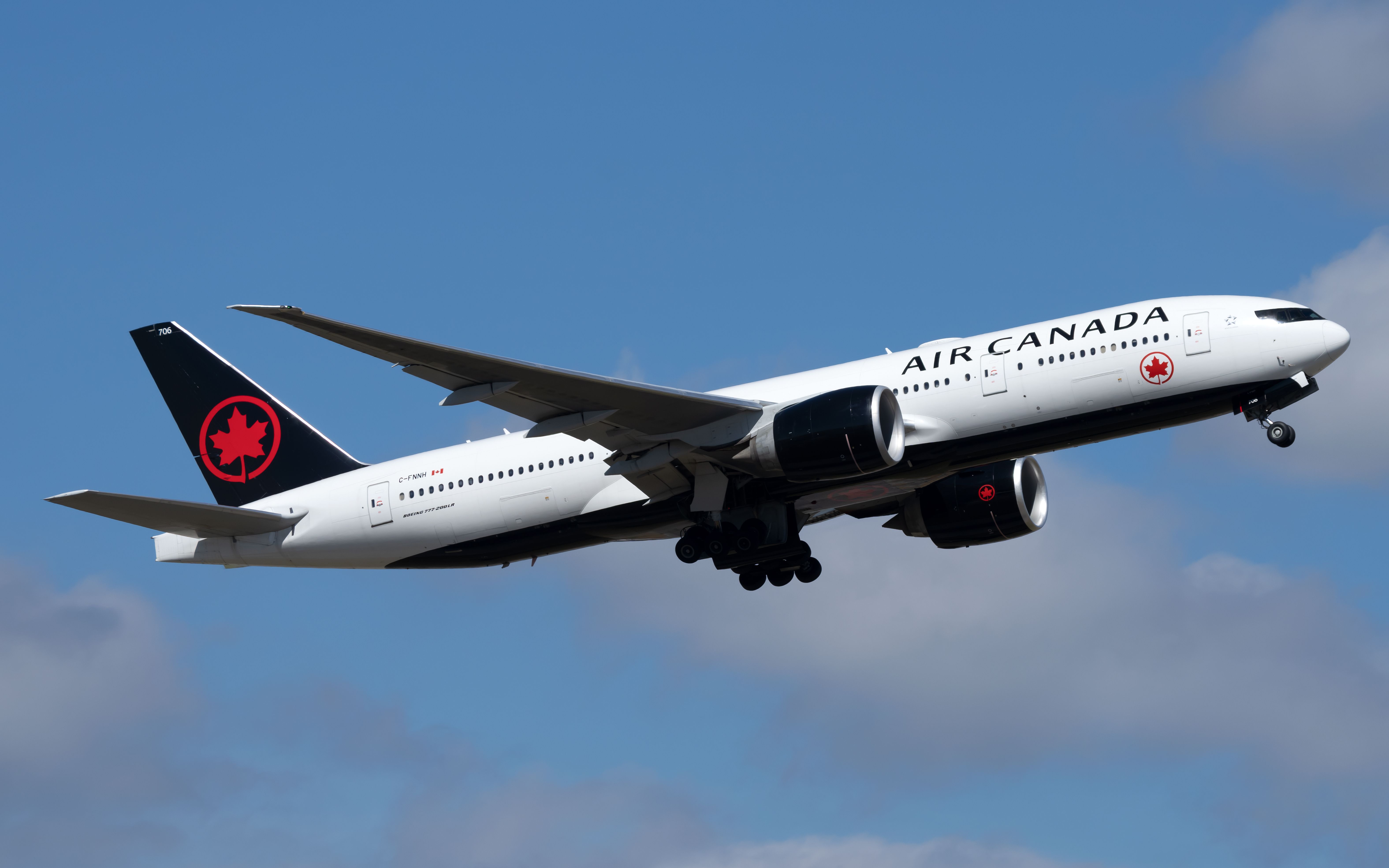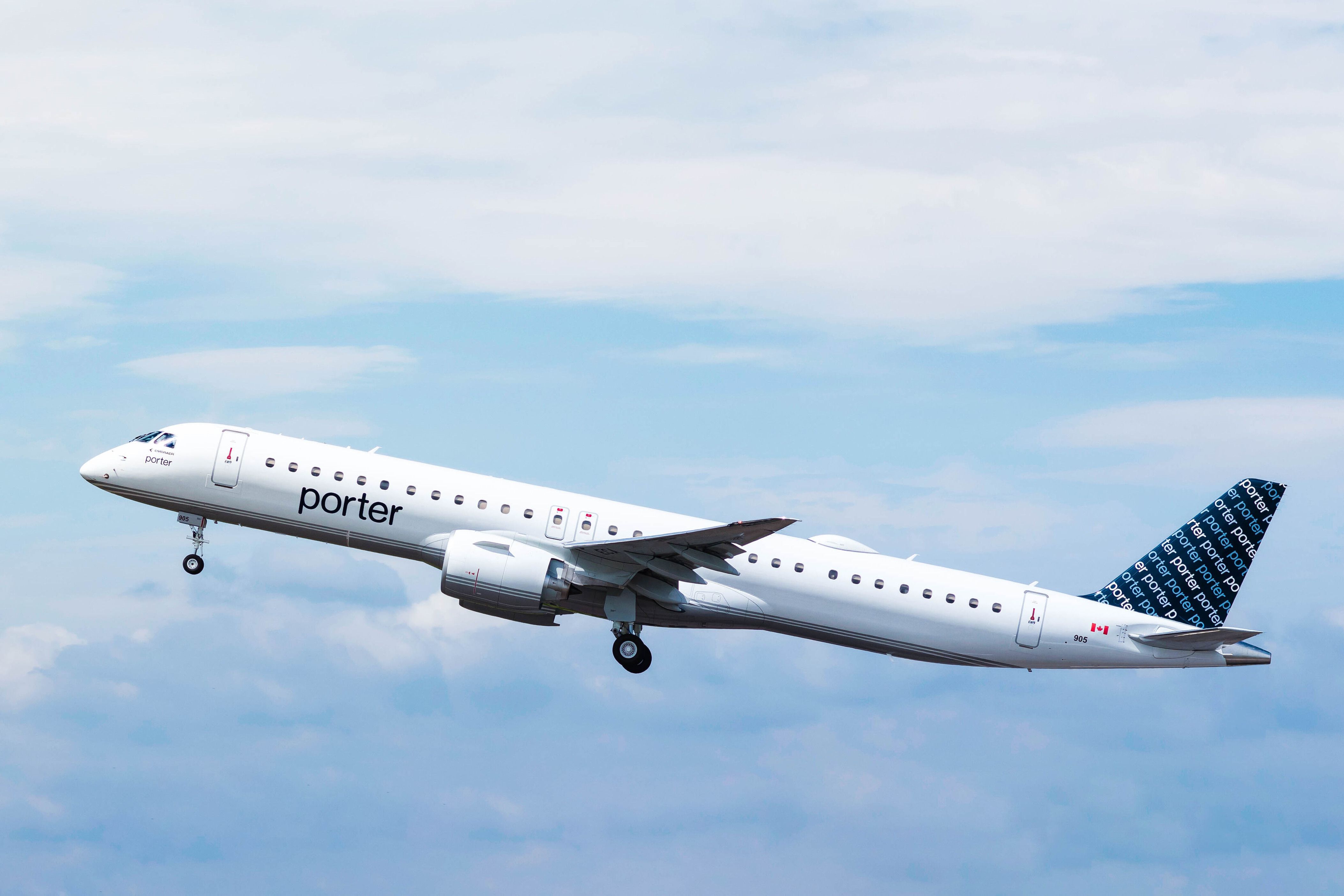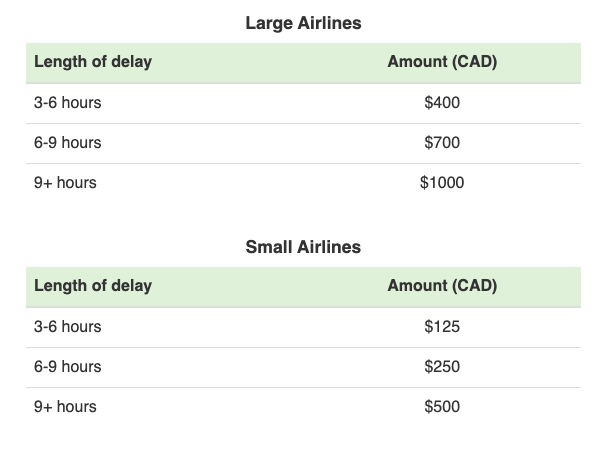The Supreme Court of Canada has upheld passenger protection rights, ruling against the airline industry. Under this decision, airlines, both Canadian and international, are required to compensate travelers for international flight disruptions, according to the court’s ruling.
The court’s decision comes in response to the airline industry’s appeal against this set of rules, upholding Canada’s Air Passenger Protection Regulations, which came into force in 2019.
Origins of the ruling
In May 2019, the Canadian Transportation Agency (CTA) introduced the Air Passenger Protection Regulations (APPR), which mandated airlines to compensate travelers for international flight disruptions. These disruptions include flight delays, cancelations, and denied boarding when the airline is responsible, and the issue is not related to safety.
Photo: Vincenzo Pace | Simple Flying
However, several air carriers serving Canadian and international airports and airline associations challenged those provisions. Airlines argued that Canada has no authority to enforce regulations on foreign airlines, and the proposed compensation does not align with international air travel standards.
The list of airlines that appealed the 2019 decision includes Lufthansa, Air France, British Airways, Air China, All Nippon Airways (ANA), Cathay Pacific, Swiss International Airlines, Qatar Airways,  Air Canada
Air Canada
, Porter Airlines, American Airlines, United Airlines, Delta Air Lines, Alaska Airlines, Hawaiian Airlines, and JetBlue Airways.
The International Air Transport Association (IATA) and the Air Transportation Association of America doing business as Airlines for America, have also appealed the 2019 regulation. In a statement to BBC, the International Air Transport Association expressed disappointment with the ruling:
“While airlines play a critical role in this, the federal government needs to focus its efforts on improving the overall air travel system, especially in the parts of the value chain which are directly under its control.”
Canada’s passenger rights and compensation rules
The APPR regulations require airlines to inform passengers of their rights in a timely, clear, and accessible way. Airlines will have to provide passengers with information about:
- Flight delay or cancelation
- Denial of boarding
- Lost or damaged baggage
- The seating of children under 14 years of age.
Photo: Porter Airlines
In case of flight delays or other disruptions, airlines must provide flight status updates every 30 minutes until a new departure time has been confirmed.
In the case of denied boarding, any passenger who is denied boarding for reasons under the airline’s control that are not related to safety would be eligible for compensation. The amount of compensation would depend on the length of the delay upon arrival at their final destination.
- Between 0 and 6 hours: CAD$900 ($662)
- Between 6 and 9 hours: CAD$1,800 ($1,325)
- 9+ hours: CAD$2,400 ($1,767)
“The amount of compensation could be supplemented if a passenger’s delay at arrival is longer than was expected when payment was issued. If payment cannot be made before the passenger’s new departure time, the airline would be required to issue the payment within 48 hours.”
In the case of flight disruption, airlines must compensate passengers for flight delays or cancellations that are within their control and not related to safety. Small airlines are subject to smaller amounts of refunds, while large airlines are subject to larger amounts.
Photo: Canadian Transportation Agency




